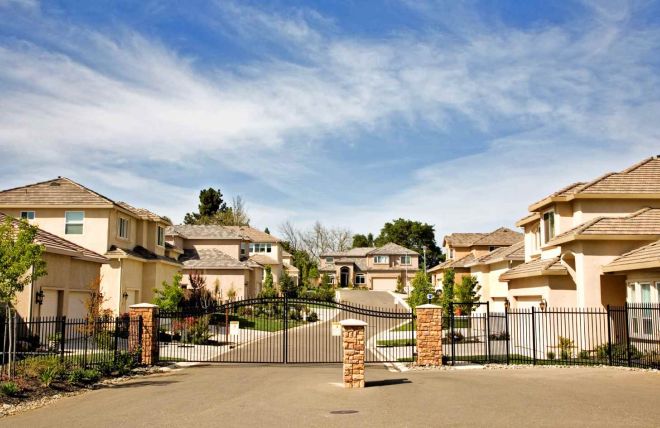From Burlington to North Port — how Mattamy Homes still governs Florida neighborhoods long after the sale.
Imagine closing on your dream Florida home, assuming your HOA will handle the day-to-day, only to find out years later that the biggest decisions—like cutting off your irrigation—are made by a developer in Canada. That’s the reality for residents of Gran Paradiso, a gated community located in the heart of Wellen Park, where Mattamy Homes, a Canadian homebuilder, still calls the shots.
Mattamy, founded in Burlington, Ontario, named for the founder’s children Matt and Amy, is North America’s largest privately owned residential builder. But what many Gran Paradiso homeowners didn’t realize at closing is that buying a home didn’t mean buying autonomy. In April 2025, Mattamy’s influence became front-page news when irrigation was abruptly shut off during a dispute over control and payment—leaving residents shocked and scorched.
Why Is a Foreign Developer Still Making Local Decisions?
The secret lies in Florida’s special district system. Through the West Villages Improvement District (WVID), Mattamy set up a governance structure that persists long after the last house is sold. Although WVID is a public entity, its early board members were often developer appointees. That means key decisions about infrastructure—like irrigation systems—can be made by people with no connection to the community other than a developer’s interest.
This structure creates a pipeline of power that runs north—straight back to Canada. While residents deal with dead lawns and mounting frustration, the entity holding the valve isn't their HOA or local government, but a foreign-run corporation operating through an American legal loophole.
This Isn’t Just a Florida Problem
Special districts like WVID exist across the United States, often created by developers to finance and manage infrastructure without handing over control to the community. But in places like Gran Paradiso, these arrangements can outlive their original purpose, leaving homeowners effectively governed by absentee landlords with business addresses in a different country.
“I pay my fees, I follow the HOA rules, and I show up to meetings,” one resident said. “But apparently, that’s not enough to keep the water on if the developer doesn’t like the way we’re running things.”
Tools for Taking Control Back
To avoid being blindsided, HOA boards need transparency and oversight tools. QuickBooks can help clarify shared costs, while SignNow ensures agreements with districts are well-documented and securely stored. To stay in the loop, platforms like CloudTalk and Dext can help boards organize their records and keep homeowners informed—even when the district doesn’t.
Ask These Questions Before You Buy
- Who controls the infrastructure (roads, irrigation, utilities) in the community?
- Are there special districts or CDDs involved?
- Is the board elected or appointed, and by whom?
- Is the developer still active or voting on decisions?
Want to dive deeper into how your community is structured?
- Know what happens at annual HOA meetings
- Learn what your fees really pay for
- Understand why software separation helps protect finances
- Plan for future infrastructure, not just repairs
When “Sold Out” Doesn’t Mean “Moved Out”
Mattamy may have sold you the home—but in Gran Paradiso, they never really left. Until homeowners win full control of their community, they remain at the mercy of a system that lets foreign companies flip the switch on American lives.







